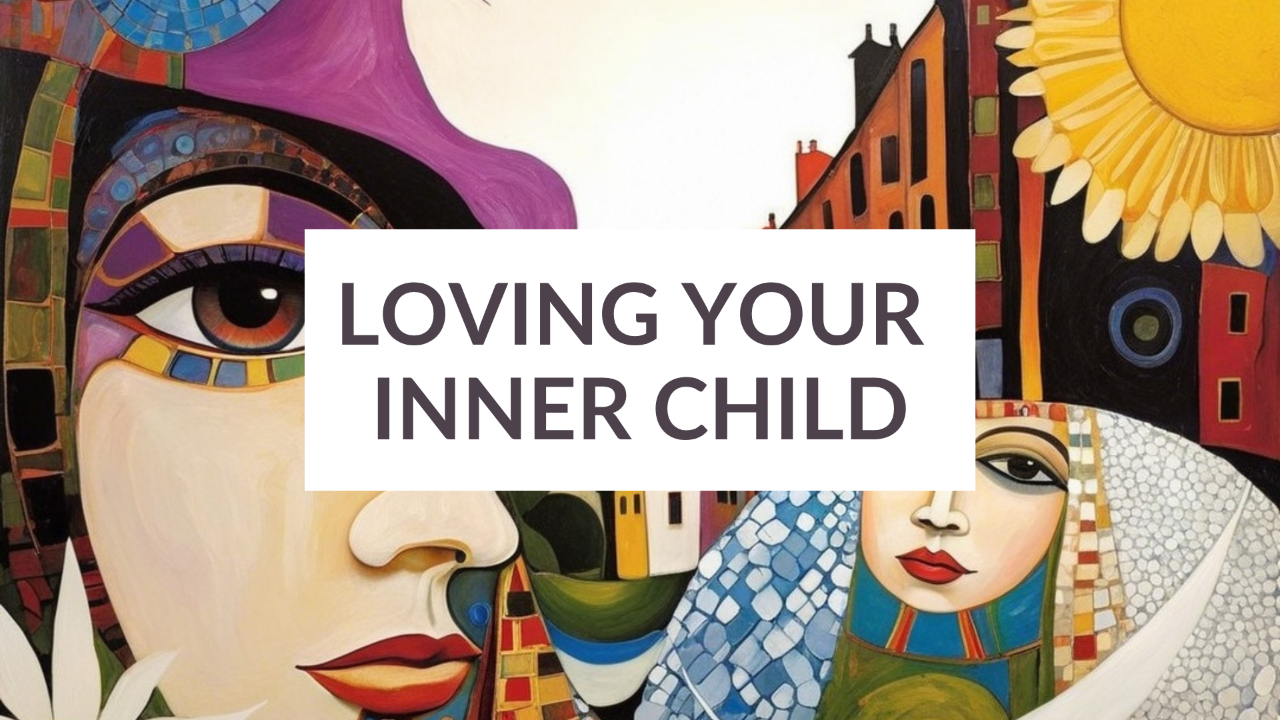Loving Your Inner Child

As you go about your adult life, some of your life activities might have a childlike undertone. Many of us live primarily from our inner child psychology. Inner child emotionality can so easily "take over" adult states, especially when you feel frightened or insecure.
Dr David Hawkins describes the inner (adult) child:
"The inner child we hear so much about is not actually inner at all; it is actually quite "outer." As people grow up, they take on various identifications and copy what they conceive of as adult behaviours and styles; however, it is not the adult who is doing this but the child. Therefore, what we see in daily life are people acting out the programs and scenarios that they identify with as a child.
The young child already exhibits curiosity, self-pity, jealousy, envy, competitiveness, temper tantrums, emotional outbursts, resentments, hatreds, rivalry, seeking limelight and admiration, petulance, blaming others, disclaiming responsibility, making others wrong, looking for favour, collecting 'things', showing off and more. These are all attributes of a child."
Centering to Feel Calm
Inner child survival programming will activate whenever you feel a sense of fear. When your emotional energies are fearful, inner child aspects of self seek external support and outside validation. Maturing yourself involves "growing up" your inner child by loving the places within that feel afraid - from the inside.
When you fear that your emotional needs for safety, support and love will not be met, it will be hard to focus and function in adult life. Gathering scattered emotional energies into the center of your body through concentrative techniques profoundly calms your witnessing mind, allowing you to think more clearly and regulate your inner child's emotions.
Gathering Energy to Heal
You can heal your fearful inner child through "dual consciousness." The calm, witnessing part of your mind can see, hear and support the fear, sadness, and anger that arise from the younger "keepers of your fear."
We all have our own unique ways of creating calm. When we center ourselves, we bring calm to our emotions. When we’re not centered, we feel out of touch with ourselves.
Getting centered involves concentrating your attention in the middle of your body, and caring for all of your emotionally activated younger parts of self with calm, unconditional love.


